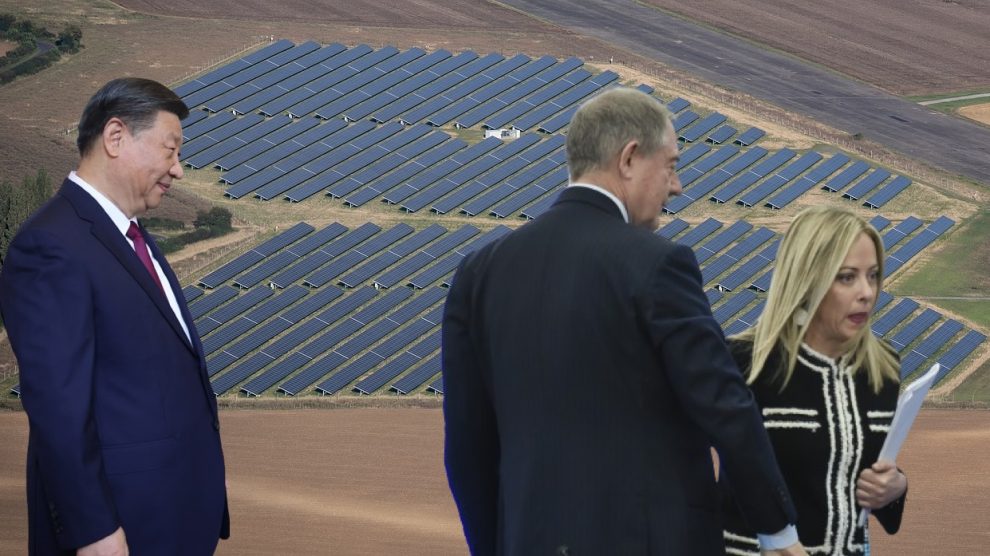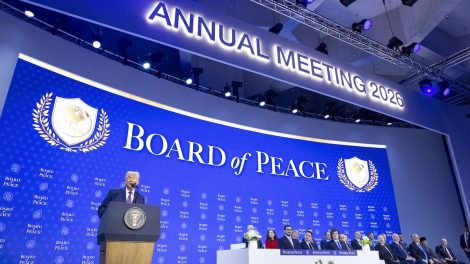The case. In a brief yet significant section of a recent law decree, the government of Prime Minister Giorgia Meloni has taken a decisive step to address a growing concern about the influx of Chinese photovoltaic panels into Italy, while also aiming to protect domestic industry.
- The issue, previously highlighted by our sister company Formiche.net, revolves around the potential for the Italian National Agency for New Technologies (ENEA) to facilitate the entry of these Chinese panels into the Italian market.
- This concern arose following a “clarification” issued by ENEA to the association Italiasolare, led by Paolo Rocco Viscontini, who also heads Bee Solar. Notably, immediately after the government released its document, Bee Solar signed an agreement with the Chinese giant Huasan at the Ministry of Enterprise and Made in Italy.
- The heart of the matter lies in the reinterpretation of an administrative detail, which some feared could obscure a deeper political issue, whether through oversight or deliberate intent.
- The government’s correction, strongly supported by Palazzo Chigi, underscores the need for both photovoltaic systems and their related cells to be manufactured within EU member states—not merely the systems, as the previous regulation suggested.
The decree. In particular, it specifically addresses the rewriting of an administrative detail, behind which there was a risk of concealing—whether through malice or superficiality—a political issue.
- Paragraph 6 of the first article of the omnibus decree explicitly states that it “intervenes on the provision relating to the establishment of the Register of Photovoltaic Technologies, held by Enea, […] aimed at cataloguing photovoltaic systems and cells for the purposes of the transition 5.0 tax credit incentive.”
- The correction, firmly, resolutely, and promptly endorsed by Chigi, clarifies that both photovoltaic systems and their related cells must be produced in EU member states, not just the systems themselves, as was previously stipulated.
Meloni’s Stance. This legislative move was deemed essential in light of strategic agreements that, upon closer examination, appeared to favour Chinese interests over those of Italy.
- With this decree, the government seeks to recalibrate the three-year plan established during a visit to China, bringing it into alignment with Italy’s national security priorities.
- However, while the photovoltaic issue has been addressed, other challenges remain, such as those concerning wind power—a sector where the European Union itself has recently taken stringent action.





